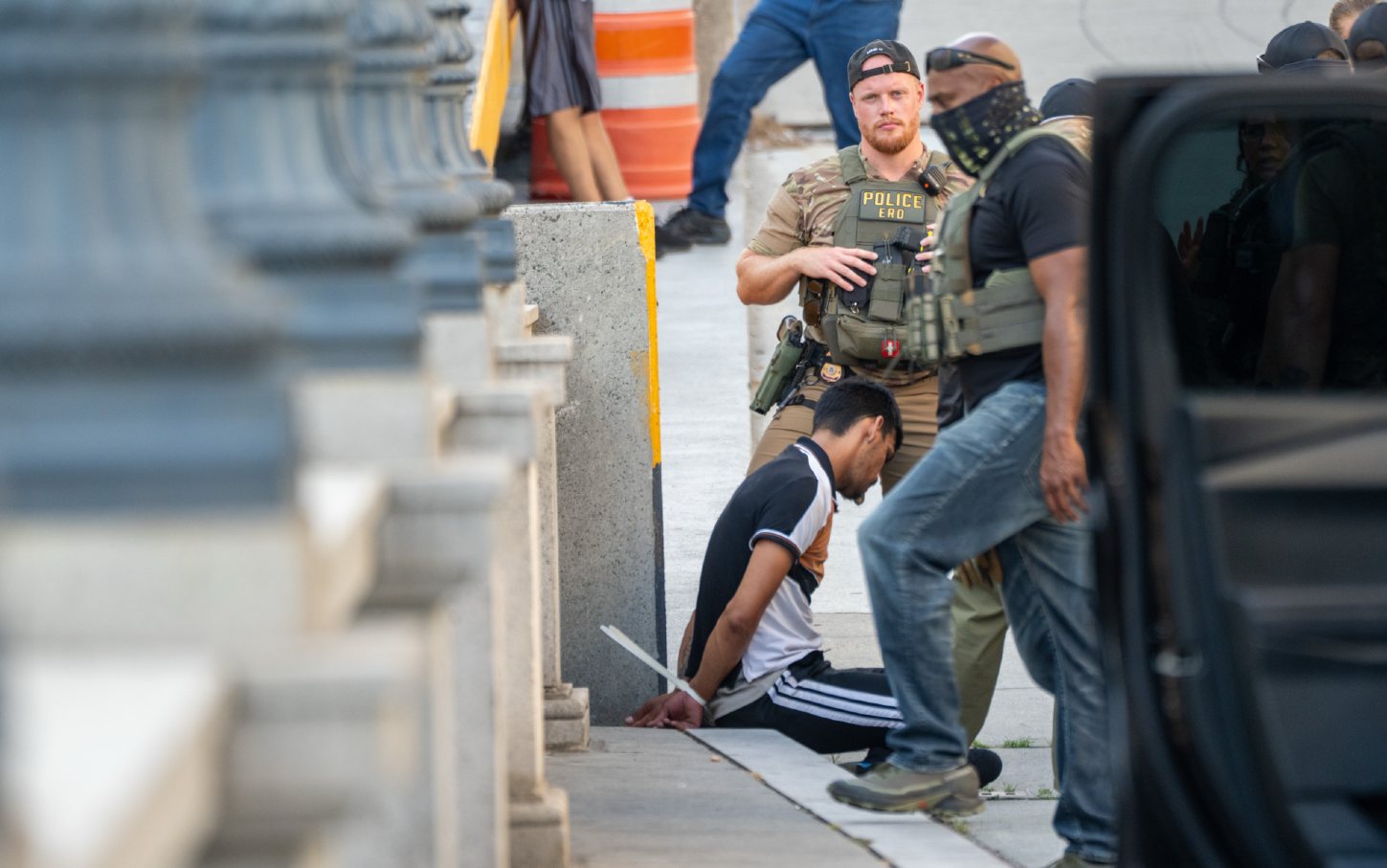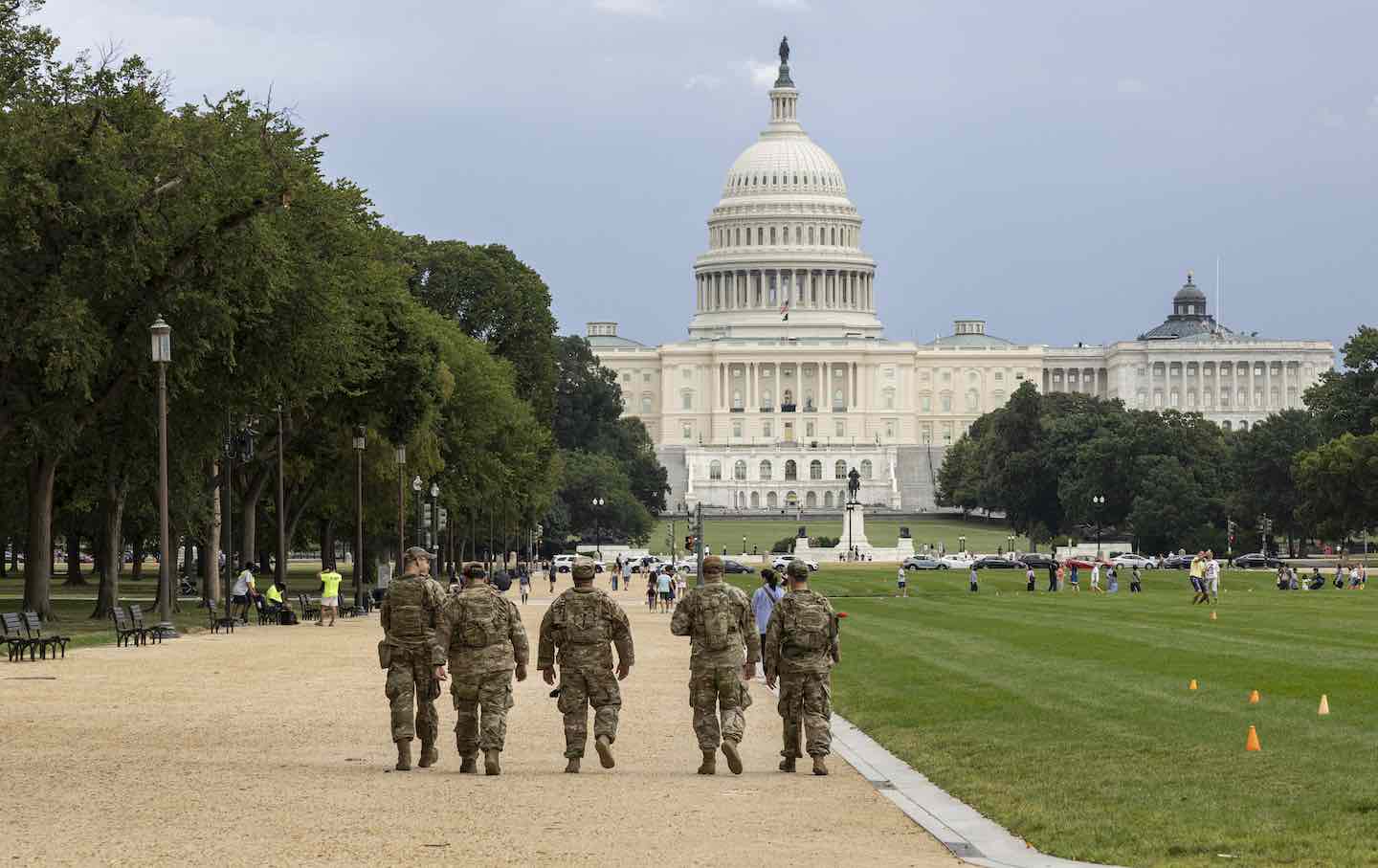
August 19, 2025
Across the country, rural hospitals will close, and the empty towns will mirror the quiet halls where doctors and nurses once rushed to heal.
A decade ago, when the Republican-led Montana legislature first passed Medicaid expansion, I traveled to almost every one of our state’s rural hospitals in advance of our legislative session. I still remember a town hall meeting in Choteau, which has a population of just 1,700 people. The hospital administrator shared that 43 percent of the people walking through the hospital’s doors lacked insurance; the chair of the County Commission told those attending that if they lost their hospital, they would lose the town.
Fast-forward to 2025. There are now even more Republicans in our state legislature, yet Medicaid’s reauthorization passed this year by greater margins. The cost-shifting of uncompensated care, where those of us with insurance cover the costs of those without—usually at the emergency room, where it is most expensive—has substantially decreased. Preventive care, including breast and colon cancer screening and diabetes and hypertension treatment, continues to address health problems at the front end, rather than when it is already too late.
And while over 100 rural hospitals have shut their doors in the last decade, not a single one shut down in Montana.
Yet, just before the Fourth of July, as Congress headed into recess, DC Republicans voted to undo all of that hard work. Now they are home for the summer, facing the very communities whose hospitals and healthcare they just voted to put at risk.
Republicans voted to kick hardworking Montanans off Medicaid. They voted to threaten the rural hospitals our communities rely on and to make healthcare more expensive and less accessible.
In short, Republicans voted to make our healthcare worse.
Senator Steve Daines defended his vote on Fox News, asserting, “We’ve got to take able-bodied males who are laying [sic] on the couches at home and get them back to work and off of Medicaid.”
The problem is, those folks don’t exist in my state. According to the Montana Healthcare Foundation, 94 percent of Montana adults on Medicaid are employed, disabled, caregivers, or students. The remaining 6 percent of working-age adults comes out to just under 9,000 people. Even if all 9,000 of those people were just “laying on couches”—and they are not—Daines still voted to take away health insurance from an estimated 31,000 people, more than three times the number of unemployed adults on Medicaid.
And make no mistake, what hurts one of us in Montana hurts all of us. If our neighbors lose their health insurance, we all might lose our hospitals
According to one analysis, the Medicaid cuts will cost Montana hospitals more than $2.2 billion over the next 10 years, money they can’t afford to lose.
When rural hospitals close, there aren’t any alternatives for our residents. They have to drive further or not get care at all. On top of that, the hospital is often the largest employer in a community, and those hospitals provide good-paying jobs, from nurses to doctors to maintenance staff. When the hospitals leave, Montanans may have to follow, forcing them to choose between their families nearby and the careers they love. Of course, this won’t be limited to Montana—these same scenes will play out in every state across the country.
Will Republicans pay at the ballot box for making healthcare worse? They certainly could—KFF found that a majority of adults nationwide opposed the bill after hearing it would reduce funding for local hospitals. Perhaps unsurprisingly, Democrats and independents opposed the bill even before being told it would hurt hospitals, with 85 percent and 71 percent respectively holding unfavorable views. However, non-MAGA Republicans also opposed the bill, with 51 percent having unfavorable views, increasing to 64 percent unfavorable after hearing that it hurt hospitals like the ones we’ve been fighting to protect here in Montana. Even self-identified MAGA voters couldn’t stomach the damage to local hospitals, moving from 78 percent favorable to 55 percent unfavorable, a devastating indictment from Trump’s most dedicated supporters.
Even the Republican politicians ramming it through understand how angry their constituents are going to get. They wrote the law to make sure the worst impacts won’t land until after the midterm elections. They added a fund to support rural hospitals for five years. They added more paperwork and bureaucratic red tape to Medicaid, but had it start in December 2026, a month after the dust settles from the midterm elections. As the old saying goes, “You can put lipstick on a pig, but it is still a pig.”
These Republican-led attacks could help turn states like Montana back to purple—or even solid blue—but Democrats need to start their messaging now, and they need to keep it going. Democrats need to make sure that every voter knows why their hospital may close down. Every voter needs to know why their sister, brother, aunt, or cousin had to move across the state to keep working as a nurse practitioner. Every voter needs to know why their neighbor put off their healthcare until it was too late.
Across the country, voters need to know the why: This wasn’t about being careful stewards of your hard-earned tax dollars—if that was the case, they wouldn’t have added another $3 trillion to the federal debt. Republicans voted against our healthcare, and they did it so they could give a little more money to the wealthiest among us.
Popular
“swipe left below to view more authors”Swipe →
I hope the next time I visit Choteau the hospital is still there. I remember how its people reacted to the chair of the County Commission’s warning—if we lose the hospital, we lose the town.
Montana doesn’t need any more rural ghost towns, but that’s what Republicans voted for. Across the country, rural hospitals will close, and the empty towns will mirror the quiet halls where doctors and nurses once rushed to heal.
In this moment of crisis, we need a unified, progressive opposition to Donald Trump.
We’re starting to see one take shape in the streets and at ballot boxes across the country: from New York City mayoral candidate Zohran Mamdani’s campaign focused on affordability, to communities protecting their neighbors from ICE, to the senators opposing arms shipments to Israel.
The Democratic Party has an urgent choice to make: Will it embrace a politics that is principled and popular, or will it continue to insist on losing elections with the out-of-touch elites and consultants that got us here?
At The Nation, we know which side we’re on. Every day, we make the case for a more democratic and equal world by championing progressive leaders, lifting up movements fighting for justice, and exposing the oligarchs and corporations profiting at the expense of us all. Our independent journalism informs and empowers progressives across the country and helps bring this politics to new readers ready to join the fight.
We need your help to continue this work. Will you donate to support The Nation’s independent journalism? Every contribution goes to our award-winning reporting, analysis, and commentary.
Thank you for helping us take on Trump and build the just society we know is possible.
Sincerely,
Bhaskar Sunkara
President, The Nation
More from The Nation

In the face of escalating ICE raids, how can we honor and give voice to immigrant laborers?
Ánh Adams and Andy Urban




